I wrote this article in Japanese and translated it into English using ChatGPT. I also used ChatGPT to create the English article title. I did my best to correct any translation mistakes, but please let me know if you find any errors. By the way, I did not use ChatGPT when writing the Japanese article. The entire article was written from scratch by me, Saikawa Goto.
Introduction
Movies and books covered in this article

I will write an article about this movie/book
What I want to convey in this article
The “stoic expression” of the 8-year-old girl makes me feel the heart-wrenching pain she is going through.



Scenes where her suppressed tears overflow are just too painful.
Three takeaways from this article
- Sasha asserted “I am a girl” at the age of 2 and has been struggling with gender dysphoria.
- The unexpected lack of tolerance in France, where I thought there was understanding towards LGBTQ.
- Despite being the one who is suffering the most, Sasha has made a decision to swallow her words and emotions so as not to cause her mother any more pain.



It is also too painful to see the mother who holds a sense of self-blame that it might have been her fault that Sasha was born this way.
Self-introduction article


Please refer to the self-introduction article above to learn about the person writing this article. Be sure to check out the Kindle book linked below as well.


Published Kindle books(Free on Kindle Unlimited)
“The genius Einstein: An easy-to-understand book about interesting science advances that is not too simple based on his life and discoveries: Theory of Relativity, Cosmology and Quantum Theory”
“Why is “lack of imagination” called “communication skills”?: Japanese-specific”negative” communication”
The quotes used in this article are based on notes taken at the movie theater from movies in Japanese and are not direct quotes from the foreign language original movies, even if they exist.
The Anguish of Sasha, Who was Born as a Boy But Claims to be a Girl, and the Harsh Reality of Her Existence that is Too Difficult to Accept
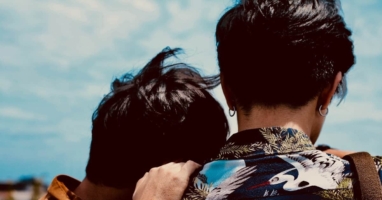

She always said “I am a girl”.


The boy shown in the film is Sasha, who was in the second grade at the time. Sasha, however, is insisting that she is really a girl. Since the film captures such a reality, I will refer to Sasha as “she” in this article.
At first, she said, “I want to become a girl.” By the time she was two and a half to three years old, she was already saying that. Until I understood her, I didn’t take her words seriously.
In Japan, the term “性同一性障害 (gender identity disorder)” may be more common, but in this article, I would like to use “性別違和 (gender dysphoria)” consistently. Sasha was already feeling the sense of “gender dysphoria” around the age of two and was suffering from that pain.


I was surprised by that fact. First, I want to talk about that.
You totally misunderstood, don’t you.



It made me realize that I still have a long way to go in understanding the LGBTQ community.
The “Misunderstanding” I had that I Finally Solved after Watching the Movie
It can be said that discussions about sexual minorities and LGBTQ are becoming more common nowadays compared to a decade ago. I believe that same-sex marriage should be allowed, and that gender identity should be recognized even without undergoing sex reassignment surgery. Regarding areas where the difference between men and women is inevitably highlighted, such as sports, I feel that there is still much discussion to be had. However, when it comes to love, marriage, and social status, my belief is that “being a sexual minority should not limit them in any way.”
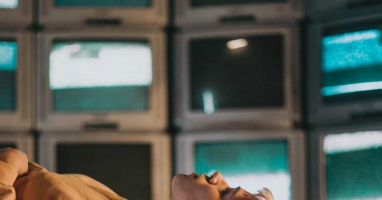

However, on the other hand, I do not fall under LGBTQ. No one around me has ever revealed to me that they are, at least not to my knowledge. Only one person in the past has told me that he is in a state called “asexual,” meaning that he has no sexual desire at all and feels nothing when he has sex. So to be honest, I don’t even have the consciousness to actively gather information about it.



If there’s even one person around, I would do a little more research and think about it.
Maybe it’s just that no one has come out to you, but at any rate, your perception is zero, isn’t it.
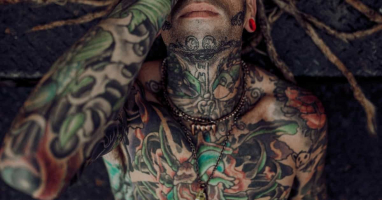

For someone like me who lacks awareness, issues related to “LGBTQ” are inevitably strongly perceived as “love and marriage” issues. Even in the media, when sexual minorities are featured, the story is often about how they realized they liked the same sex and came to understand their own sexual identity. So I had convinced that “the awareness doesn’t come until they reach the age where they start to think about romance.”


That’s why I was surprised to learn that Sasha had realized her “gender dysphoria” when she was only two to three years old and had been expressing herpain about it.


People like Sasha, who has a different gender identity than their biological sex, is called “transgender,” but I’m not sure if the process of gender identity like Sasha’s is “common” or “rare” for transgender people. However, when I searched the internet, I found that there are cases like Sasha’s in Japan, so it may not be that rare, although I’m not sure how frequent it is.



I feel a little embarrassed about this misunderstanding myself.
But when it comes to things outside of our immediate circle, we can only learn while making mistakes like this.


She hates penis.
She hates not being able to have children.
There is a scene where Sasha’s mother talks about how Sasha used to say things like “I hate my penis” and “I don’t want to not be able to have children.” This was long before the filming of the movie. Honestly, I’ve never had the feeling of “I am a man” that comes from deep inside myself. I only have a basic understanding that “I was born in a male body, so I must be a man.” That’s why I was still surprised by Sasha’s claim of “My body is male, but I’m actually female,” and I couldn’t quite imagine what it feels like for them.
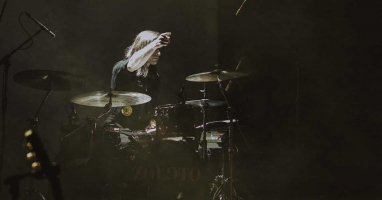

Mother’s Anguish and the Reactions in French Society
The protagonist of the movie is Sasha, but Sasha herself doesn’t speak much. It can be said that there are many scenes where the mother, who has listened to her daughter’s innermost feelings so far, speaks on behalf of Sasha’s emotions.
And in that process, the mother confesses her own anguish.


4-year-old Sasha kept saying “I want to become a girl.”
When I said “that’s impossible,” Sasha started crying painfully.
Tears like “my life and dreams were destroyed by being hurt by mom’s words.”
When I see a child crying, I regret saying terrible things.
First of all, it naturally becomes a difficult time for the mother to face Sasha with “gender dysphoria”. The mother has no way to deal with her child’s serious troubles. There is a means of gender reassignment surgery, but it is not realistic for young children. So the mother has no choice but to tell Sasha that “her hope will not come true.” This hurts not only Sasha, but also the mother herself.
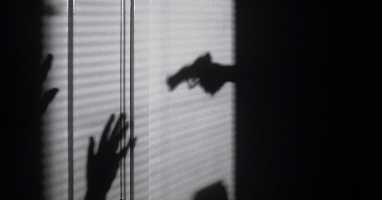

You don’t know what to say to make it better, do you.



It’s such a harsh reality for young children.
In addition, the mother has to fight against this kind of prejudice.
They even said at school, “Must it be the parents’ fault that Sasha claims to be a girl”.


The movie is set in France, but in my own image, I had thought that “France as a country has a greater understanding than Japan in many ways.” While I understand that Japan is a backward country when it comes to LGBTQ and other issues, I had thought that France was an advanced country on my own. So I was surprised by the reality that Sasha and her mother faced. I plan to touch on it in more detail later, but the response of the school Sasha attends is quite harsh. In short, their stance is “to simply not acknowledge Sasha’s existence,” and it doesn’t seem to be something that is happening in France, a country that has won all its rights through struggle.


Children sometimes behave badly towards others due to a lack of understanding, but I guess it can’t be helped.



I was a bit surprised at the reality that adults do not understand these matters at all.
The mother who faces such days continues to blame herself, thinking “it was my fault” no matter what.
I had a miscarriage with a girl. Knowing this, Sasha may have tried to be born a boy.
Maybe it’s because I wished for a girl during pregnancy.


Normally, one would feel that this is not possible, but the mother earnestly regrets it. She understands Sasha’s suffering to the extent that she feels this way, and at the same time, she is sensitive to the gaze that is directed at her. In the latter half of the movie, when the doctor assured her that “it’s not your fault,” the mother had a very relieved expression.
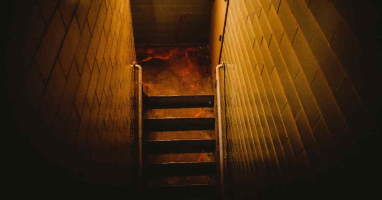

Just wanting to be a mother is not enough.
I feel that such words of hers have a very heavy resonance.



Regardless of gender dysphoria or anything else, I think more respect should be given to those who are “mothers raising children”.
Really, I want her to ignore all the stories that incomprehensible people are telling her and somehow manage to raise her children peacefully.


Sasha’s Bravery and Overflowing Tears
Sasha’s appearance in the movie is very impressive. Despite being only in second grade, she has a mature expression as if she feels nothing.
It’s not allowed to carry her favorite bag, use her favorite pen case, or wear a skirt.
I was surprised to learn that even carrying her favorite bag or using her favorite pen case is prohibited, aside from wearing a skirt. Perhaps it’s because “you’re a boy, so you shouldn’t have such cute things.” Anyway, Sasha is not treated as a “girl” at school or even at ballet class. In such situations, she has a facial expression that shows no emotion, neither happy nor sad.
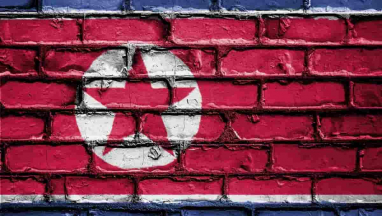

She is definitely determined not to show her feelings of ‘sad’. And by seeing such a determined expression, the audience falls into a very sad mood.
I don’t think her expression is typical for a second grader.



It’s also tough that she hardly ever smiles outside of home.


Above all, she strongly feels that she does not want to hurt her mother.
She doesn’t talk much in front of me. She thinks she might hurt me. She avoids topics that might hurt me.
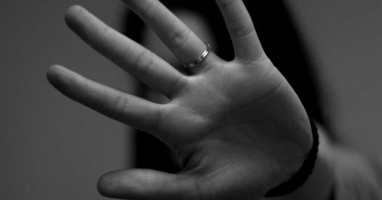

From a certain point, Sasha and her mother regularly travel to Paris for consultations with doctors. When the doctor tries to talk to Sasha, her mother explains that she won’t speak. Even when asked if she has anything to say, Sasha only gives short answers.
Perhaps Sasha strongly remembers hurting her mother by being selfish when she was younger. That’s why, even though Sasha herself may be suffering the most, she is acting stoutly to avoid their mother’s suffering.
And that’s why her tears, which she keeps holding back and holding back until they overflow, and the expression on her face at that moment felt so very sad.





In a way, I’m biased, but I felt, “She’s just a kid, I think she should cry more.”
However, I can understand the feeling of not being able to express her own emotions because she is concerned about her parents.
Sasha always has a serene expression, and there are not many scenes in movies where she sheds tears. I think she is always desperately trying to endure. That is why I felt so much pain in my heart when I saw the tears that must have unintentionally overflowed.
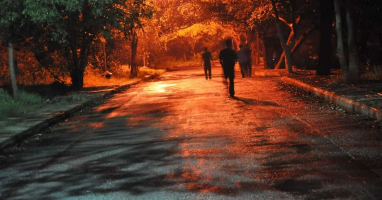

Intolerant School Response
For Sasha, a second-grade elementary school student, school can be said to be where she spends most of her daily life. And yet, the school takes a very intolerant attitude towards Sasha. In any case, Sasha is not treated as a “girl”. Because the position of the teacher is so clear, classmates behave the same way, and as a result, Sasha’s mother laments that she is not accepted in the class.
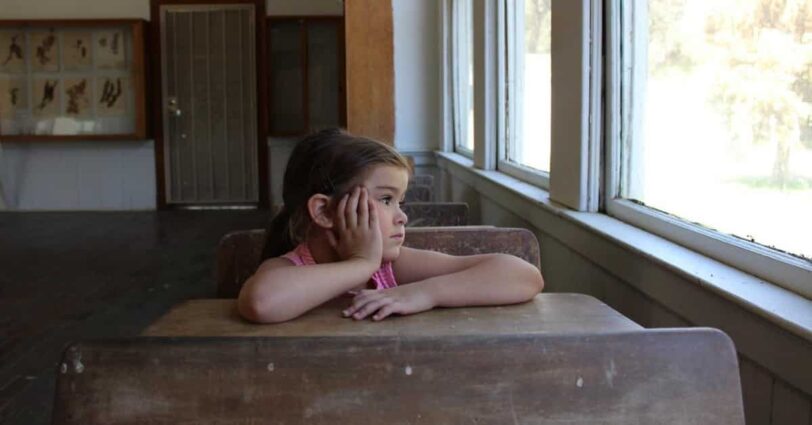

Sasha’s father also appears in the movie and says this:
She is not trying to hurt anyone.
I’m not telling them to jump off a cliff.
I just want everyone to treat her like a girl.


I really felt the same way. Anyway, she just needs to be accepted as “a girl”.



I was really surprised to learn that France doesn’t even tolerate that kind of thing.
Maybe it’s a story from a rural area rather than a city, but still, it’s surprising, isn’t it?


Of course, I understand there are practical issues to consider, such as which restroom to use and changing clothes for physical education and swimming. However, we don’t have to solve all of those problems at once. For now, Sasha would be happy to go to school in a skirt with her favorite bag and use her favorite pen case. I don’t understand why there’s a reason to prohibit that.
The principal is concerned about the school’s reputation.
There must be tolerant teachers, but there is not a single one at that school.
My father doesn’t even try to hide his anger. If I were in his position, I would probably be just as angry.


In this movie, the school’s position is hardly addressed. Even if the parents approached the school, they never came out in the open. The mother arranged for a doctor from Paris to explain “gender dysphoria,” but only classmates’ parents and her friends came to the gathering, and no school officials came. The mother tried to talk to the principal many times, but she could never talk to him directly.
Judging from just this movie, you get the impression that “the school is running away,” don’t you?



I think it’s still better if they are feeling guilty, but they may be feeling “it’s a hassle.”
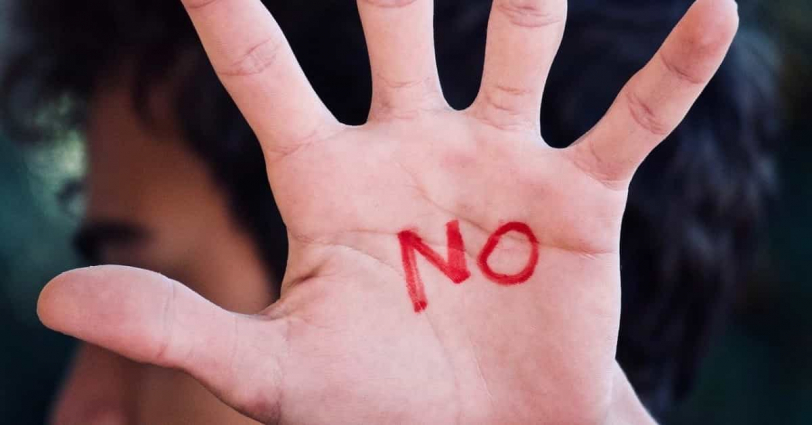

If the school environment is improved, many of the hardships that Sasha is currently facing should be alleviated. That’s why the parents are struggling, but no matter how much they try to talk, the school’s response does not change. In fact, since they don’t even show up at the negotiating table, it can be said that they are at a dead end. I really feel that the school’s response is terrible.


Treated as a “Boy” in Ballet Class
The treatment Sasha receives in the ballet class she attends may be even worse than at school. Since the camera actually goes inside the ballet school and films the students practicing, etc., it must be a statement from the ballet school that they have no qualms about treating Sasha the way they do. I was surprised by their attitude.
All the students in the ballet class Sasha attends are girls. It is unclear how Sasha came to attend this class, but within this all-girl ballet class, Sasha is referred to as “Mr.” and given a costume that is completely different from those given to the others. It is clear that Sasha is being treated as a “boy.”
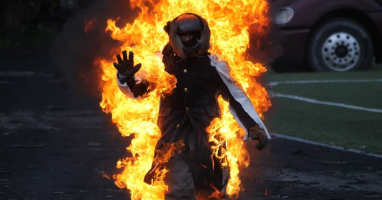

It is unclear whether this is a story about the ballet school Sasha currently attends (it could be a previous school she attended, which is different from the one in the movie), in a conversation with a doctor, Sasha’s mother talks about an incident that happened at a ballet school. The teacher at the ballet school is Russian and reportedly said,
There is no such problem in Russia.
This comment likely refers to LGBTQ issues. The teacher did not understand Sasha at all and pushed her out of the classroom.




It’s really an extraordinary world, isn’t it?



I really hate people who have “no imagination”.
The doctor presents “treatment to suppress hormone secretion” as an option to Sasha. This treatment can “suppress the body from becoming masculine.” However, there are problems. The treatment also suppresses reproductive ability. According to the doctor, there will be no problems if the treatment is stopped within a certain period after starting, but if that period is exceeded, there is no going back, and the sperm will stop maturing. The reality that such a decision is being made for an 8-year-old Sasha is shocking.


I felt that, regardless of the judgement of the treatment, it is shameful to be in a world that forces young girls to make such various decisions.
Conclusion
For Sasha, what can be said to have been a salvation was the understanding of her family. Not only her parents but also her siblings show understanding for Sasha.
Especially, one remark from her elder brother was very nice.
It was when the mother was talking to the elder brother about how she was fighting against the school regarding Sasha’s case. He said,
We have to fight against idiots.
Well said, elder brother. Say it more!


Published Kindle books(Free on Kindle Unlimited)
“The genius Einstein: An easy-to-understand book about interesting science advances that is not too simple based on his life and discoveries: Theory of Relativity, Cosmology and Quantum Theory”
“Why is “lack of imagination” called “communication skills”?: Japanese-specific”negative” communication”







コメント